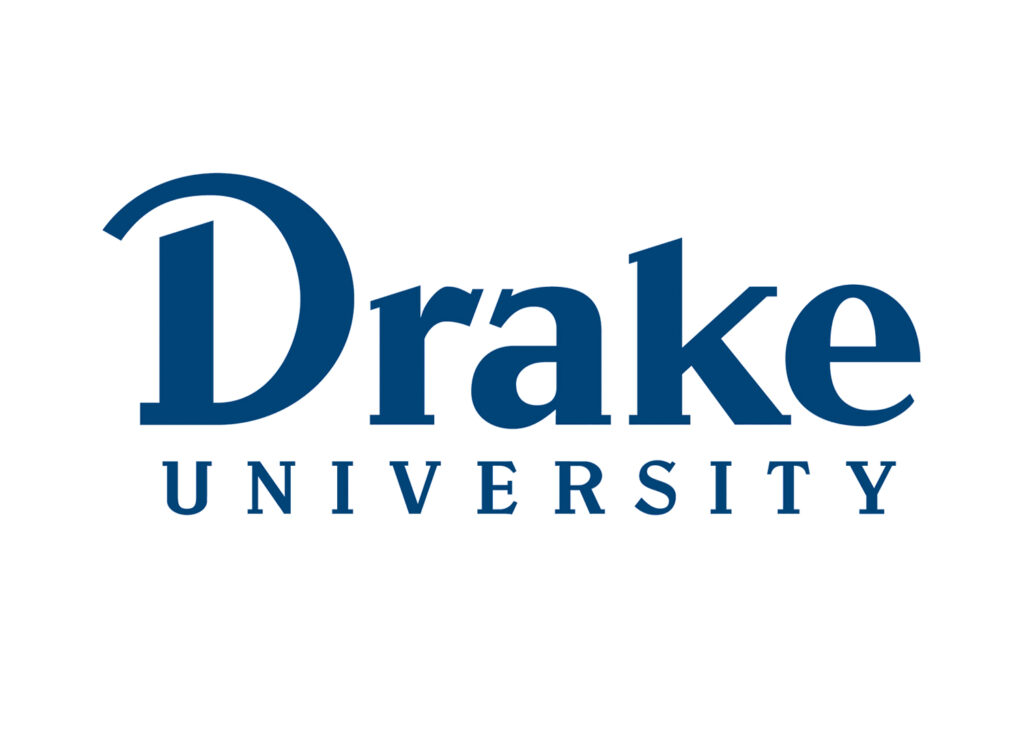Iowa companies cool on sales, capital spending projections, but overall economic outlook positive in IBC quarterly survey

Mike Mendenhall Jul 2, 2024 | 11:03 am
3 min read time
696 wordsAll Latest News, Economic DevelopmentIowa companies are tempering expectations for sales, capital spending and employment over the next six months, according to the results of Iowa Business Council’s second-quarter 2024 Economic Outlook Survey.
The outlook for the state’s economic health remains positive, but the report shows a decrease in sentiment from the IBC’s first-quarter report.
The survey results released Tuesday show an overall economic outlook index of 55.26, a decrease of 7.9 points from the previous quarter and 5.17 points below the historical average of 60.43. If the IBC’s quarterly survey measures above 50, overall sentiment is positive, according to the statewide business organization.
Responses revealed growing concern across the three subcategories measured in the survey:
- Sales expectations were down 9.21 points to a value of 57.89.
- Capital spending expectations were down 9.21 points to a value of 53.95.
- Employment expectations were down 5.26 points to a value of 53.95.
“I think the fact that we remain above that 50-point threshold is obviously very important. We’re continuing to project a positive outlook on Iowa’s economy, but as you know we saw declines in all three of our categories that we track, and sizable declines. There’s no other way to characterize that … particularly with respect to sales and capital spending,” Joe Murphy, president of the Iowa Business Council, told the Business Record.
“I think what that indicates is that Iowa companies are taking an even more cautious approach with respect to the future, future investment and just trying to see where everything is headed,” he said.
The nonpartisan, nonprofit IBC polls the 22 chief executives from the state’s largest employers that comprise the organization’s membership quarterly to compile the survey results. The survey has been completed by IBC members quarterly since 2004.
According to IBC, workforce attraction and retention remains a top concern of IBC executive members, with 63% calling it a primary business challenge.
An unfavorable business climate caused by national supply chain, infrastructure and federal regulations was cited by 47% of the members as an issue, while inflation and growing concerns about the domestic economy tied with 32%, the report says.
“While IBC members continue to view Iowa’s economy in a positive light, we are clear-eyed with respect to the persistent challenges facing our companies. Whether that be navigating stressed supply chains, continued workforce shortages, or combatting inflation, Iowa companies are not immune to challenges on a national scale, and that sentiment is reflected in the latest survey results,” Phil Jasper, president of Raytheon and chair of the Iowa Business Council, said in a news release.
On workforce, 68% of IBC executives surveyed said it is somewhat to very difficult to hire employees in the current economy, down from 85% from the 2023 fourth-quarter survey. The size of Iowa’s available workforce was the primary concern for IBC executives in its first-quarter survey.
Iowa Workforce Development’s most recent jobs report for May showed that Iowa’s unemployment rate remained unchanged from April at 2.8% but that labor force participation fell for a fifth straight month.
Murphy said the economic sentiment is consistent across all business sectors in Iowa.
The IBC executive director told the Business Record that Iowa’s outlook is “coming in line” with national sentiment. Previously, Iowa had been an outlier, he said.
According to Murphy, inflation and high interest rates also are playing a role in Iowa companies’ more conservative estimates for capital spending.
Federal Reserve Chair Jerome Powell said today that Inflation in the U.S. is slowing again but it has not reached the Fed’s target of 2% annually to begin lowering interest rates, according to a report by ABC News.
“People are pulling back from the housing market, and that has an effect on manufacturing, that has an effect on consumer confidence, that has an effect on expected sales. Absolutely it does,” Murphy said. “And then that has an effect on capital spending. Less available capital to expend, quite literally. …
“I think companies are eager to invest and expand and have an eye toward expansion and investment in Iowa. I think, though, that they just want to make sure that they time it well and time it right so they can have the most sustainable impact as possible,” he said.

Mike Mendenhall
Mike Mendenhall is associate editor at Business Record. He covers economic development, government policy and law.










